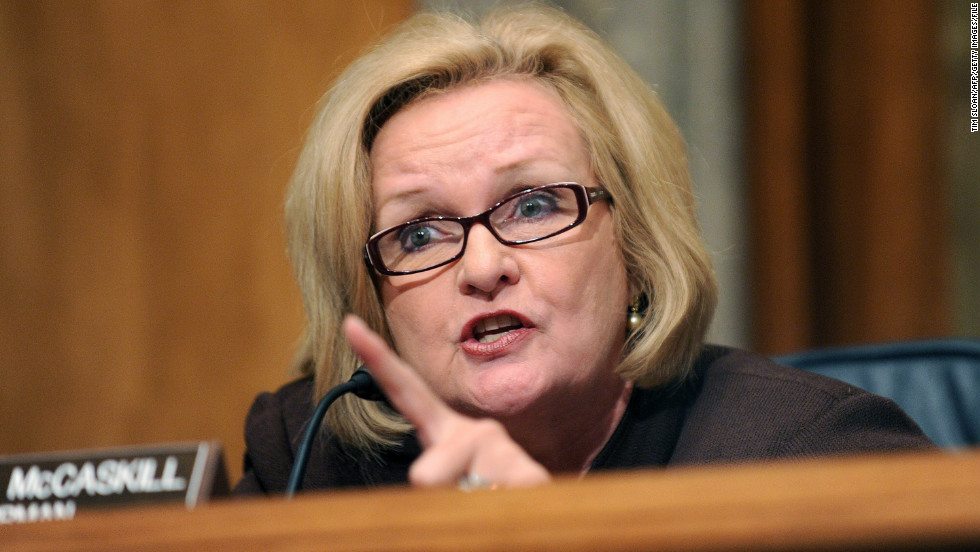The longstanding legal rationale upholding certain campaign finance restrictions has been that they prevent corruption or the appearance of corruption, but do they? Recent research from professors Adriana Cordis, an Assistant Professor of Economics at the University of South Carolina Upstate, and Jeff Milyo, CCP Academic Advisor and Professor of Economics at the University of Missouri, contributes to an underpublicized but evolving body of scholarly research calling that presumption into question.
In their April 2013 working paper for the Mercatus Center at George Mason University, “Do State Campaign Finance Reforms Reduce Public Corruption?,” Cordis and Milyo undertake the first and most comprehensive analysis to date of the relationship between state campaign finance laws and corruption rates. They utilize three unique statistical models and multiple controls to analyze data from every state from 1986-2010 to discern how various campaign finance regulations effect state corruption rates.
Ultimately, Cordis and Milyo find no evidence linking any campaign finance regulations with lower corruption rates. Whether a state attempts to limit campaign contributions to candidates, provide taxpayer-funding assistance to candidate campaigns, or both, there appears to be no reduction effect on corruption. The only significant relationship the authors found was that public funding for gubernatorial candidates was actually positively correlated with corruption. This may mean that giving tax dollars to political candidates actually makes a state more corrupt, and it certainly doesn’t jive with “reformers’” claims that replacing private funds with tax dollars will make government less corrupt.
If campaign finance reforms do not actually effectively reduce corruption, the long-standing legal argument justifying them must be re-evaluated. As our External Relations Associate Tom Swanson recently observed, the importance of political speech rights means that we must always have a reason for restricting them. It’s becoming increasingly clear that so-called campaign finance “reformers” have failed to meet that burden.














